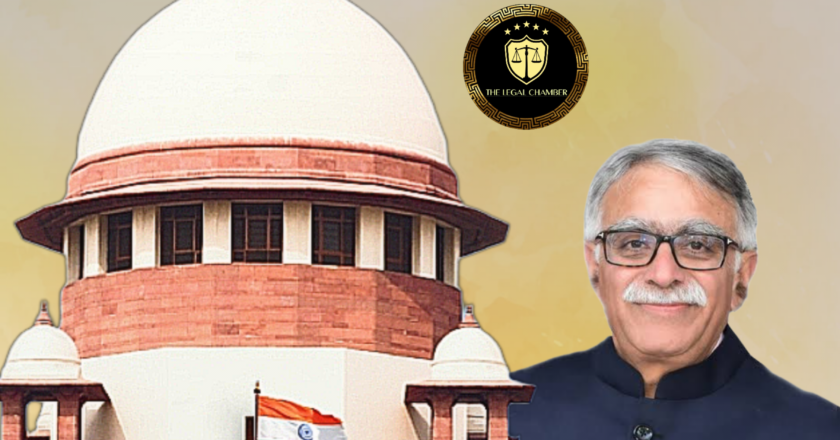Supreme Court Upholds Right to Shut Business, Orders ₹15 Crore Compensation for Workers
This judgment primarily interprets Section 25-O of the Industrial Disputes Act, 1947, regarding deemed closure. The Court examined if an application for closure was complete and if the State's communication constituted a valid refusal within the statutory 60-day period for deemed permission. It also considered the "appropriate Government's" role and Article 19(1)(g) (freedom of trade) implications.
Facts Of The Case:
The case originated from an application by Harinagar Sugar Mills Ltd. (Biscuit Division) seeking permission to close its undertaking, as required under Section 25-O of the Industrial Disputes Act, 1947. The company sought closure due to various reasons, including financial viability issues. The central dispute revolved around whether the State of Maharashtra, as the appropri...


